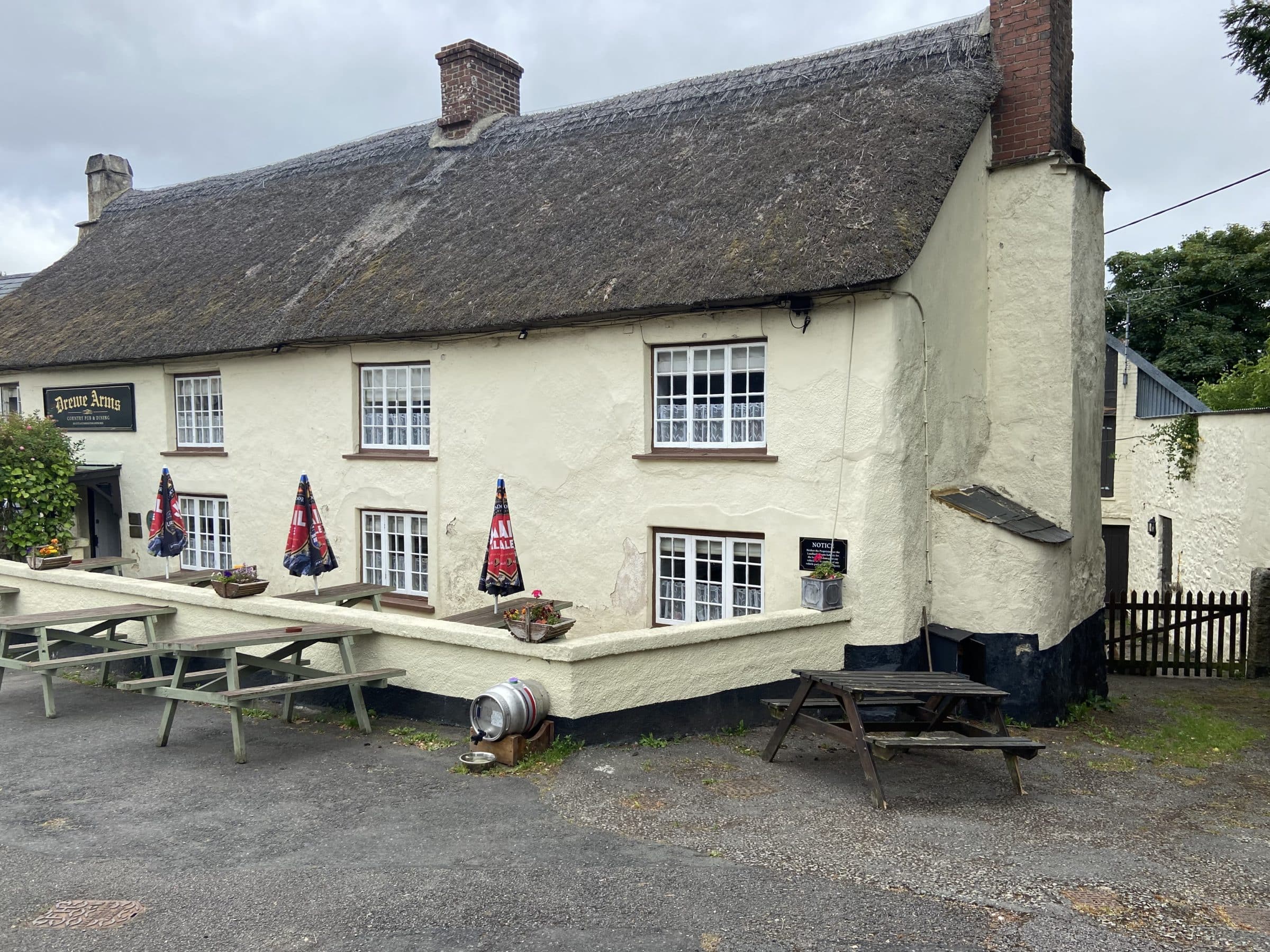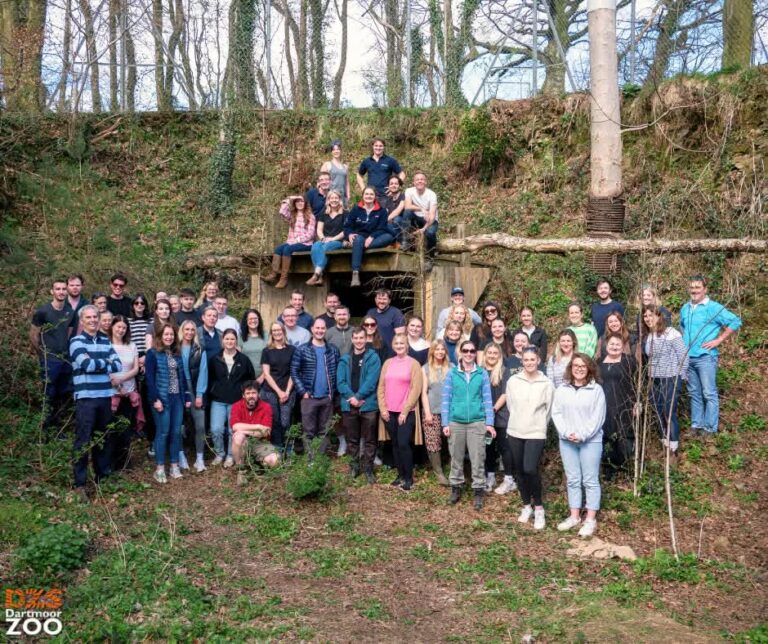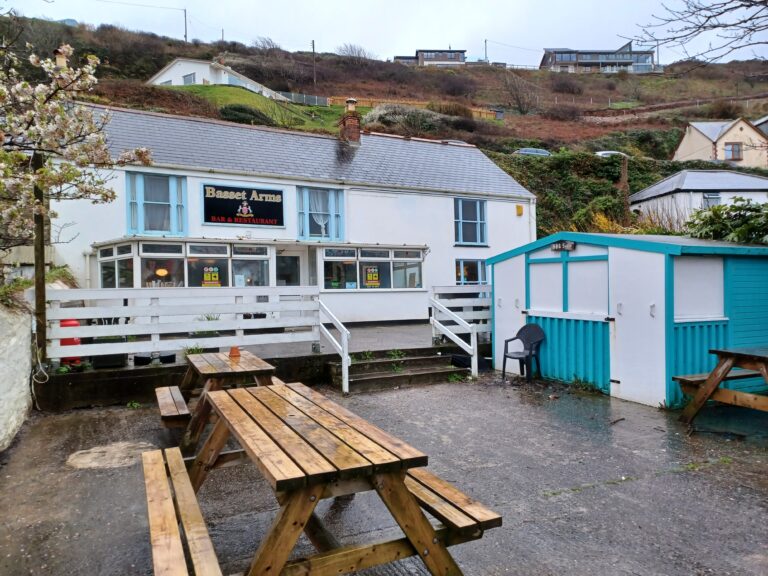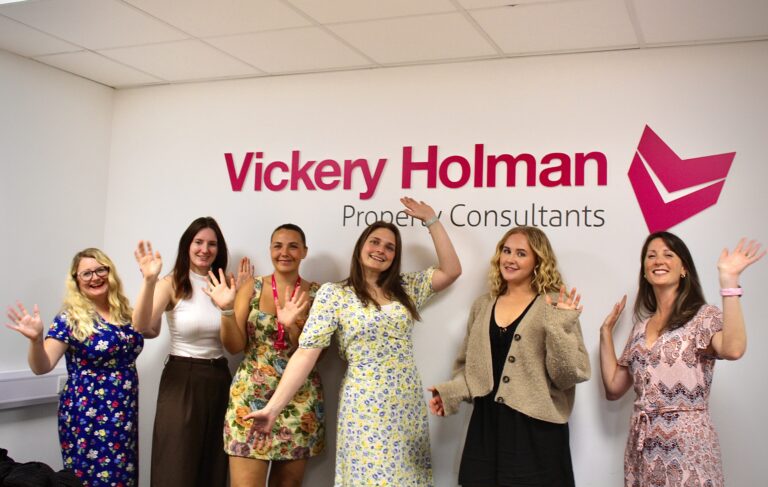How are pubs doing 2023
With news of pub closures being announced Mike Easton at Vickery Holman looks at the market and speaks to publicans and brewers about their experiences during the winter trading period and how things may not always be as they seem.
First to note is that the pub closures are nothing new, the industry having seen just over a 20% reduction of pubs across the UK in the past 20 years. This has been brought about by changes in society and how people chose to eat, drink and socialise – for example there has been a significant growth in the coffee shop sector and the High Street restaurant market and naturally pubs, for some, have fallen out of favour. Allied to this was the licensing reform, which allowed venues to open for longer, particularly during the day and in an effort to move to a more European approach – hence the greater number of coffee shops and restaurants, but also an increase in costs for the venues that traditionally ran two separate trading periods, which, broadly has had to become the all day and every day offer that many have adopted with the net result being similar customer numbers but during longer trading periods. When you factor in other changes such as supermarket discounting, social media, gaming and television technology, you have a society with more reason to be less social and the hub (The pub) will naturally suffer.
How are pubs doing 2023: South West Pub Market Spring Update
Hospitality will have to present itself better both in terms of it’s buildings, it’s décor, it’s staff and it’s attitude. If this means good, better pubs, more profitable pubs but less pubs – the future will be much brighter.
Speaking with suppliers to gauge their overview and experience in the past 6 months. First, thoughts from Stewart Cawte who runs Keltek Brewery in Cornwall: ‘Our business has been no different to the pubs that we supply insomuch as we need to provide good product and service which is competitive. What helps us is that we have award winning ales that have been growing in popularity and certainly helps drive sales which some of our competitors have not been able to challenge. We never forget that it is not just enough to produce good beer, it has to be marketed in the right way and the relationship with our customers is key. Sales have continued to grow and we are positive to the year a head’.
Heading back East and Salcombe Brewery in Devon we spoke to Joe Dixon who is also practical and positive: ‘The British press are at their happiest when painting a gloomy picture of the world of business and particularly the hospitality industry. We are all very aware that the energy costs are one of the key drivers of any pub but additional above inflation increases on both food and drink are putting massive pressures on the viability of some pubs. However the licensed trade is innovative and looking at different way of operating. To combat the escalating costs and price increases we are seeing outlets opening later and reducing trading hours. Amongst the bad news there are green shoots emerging and there is huge investment in hotels being built, run down wet led pubs being invested in to introduce a food offer, which in turn creates reinvestment into towns that were otherwise failing. Pubs are moving to stock local produce and the staycation is a growing success. The other interesting note to mention is that less is becoming more, so the days of stocking a hundred different gins and having five lagers on tap are gone. We are seeing an increase in interest for our products outside our area which has allowed us to build strong relationships with our local wholesalers alongside our direct delivered beer. During the lockdown we invested in a new bottling, canning and kegging line which has allowed us to be more self-sufficient.’
So can this decline be halted? As we have seen with High Street retail, the pub market has to address the challenges head on, but there is no obvious route out of trouble. The key will be to slow the rate of closures and rebuild from the remaining stock – prior to COVID this was certainly the case. There have been a number of initiatives too in recent years in order to spread the appeal of venues, most notably the Pub is the Hub foundation; which supports publicans looking to broaden their offer with the inclusion of other community uses such as areas destinated to a village shop or post office and publicans are certainly more in tune in what their community needs rather than resting on their laurels. The pub has always been the place to go for comfort and many are committing to warm room initiatives and chatter and natter events.
So with the news across locals regions containing stories of pub closures is it a bleak as it is being painted? Speaking with publicans Will Maltby and Vikki de Polo, who own and run pub and brewery The Beer Engine in Devon their experience has been a positive one despite harder times: ‘For too long the sector has been bloated by under-achieving, substandard venues. Post covid social media society won’t tolerate this any longer. It is survival of the fittest and this will be to the benefit of the customers and for those that remain in the trade and work hard. We constantly looking at our business and how we can improve and have made many changes over the past few years, with more planned. The basics remain the same, be that good customer service, consistent product within a warm and welcoming environment and we build from there to keep things interesting for our regulars and to encourage new customers all the time. In recent years we have opened up a tap bar by the brewery, developed the outside trading areas and given options of what type of experience the customer wants. This has been working very well and business has been good.’
This has also been the experience of Bruce and Lesley Brunning who own and run the Turtley Corn Mill in Devon and have many years of experience in the sector. Bruce comments: ‘Whilst recognising Tim Martin’s price/tax argument it is not my view that today’s customers are driven to a particular pub by price. Indeed as prices across the board rise we have experience that the opposite applies; pubs have to provide warm, inviting, safe environments, with good food, drink and atmospheres. The premises must be looked after, the staff welcoming and attentive, get all this in place and price is not the main criteria, value is. If you’re good value you’ll be attractive to your chosen market. I believe we are in an transitional phase; at the end of it the business model will be different, the KPI’s will be different. Staff will be paid better, which is a good thing especially if we want hospitality to be considered as a lifelong career, food and drink will cost more too which I also think is a good thing as the downward race to be the cheapest in anything has obvious consequences! ‘
Heading back West and picking this up with David Carless who owns the Boat House Falmouth – how does he see it: ‘I fear for smaller sites as they really must struggle to make a profit these days. Most are still in the hands of the investor landlords, who supported tenants well during COVID closures, but are now charging full rent again. Many sites have tried to repurpose to food, but with the soaring cost price of food and the higher labour costs, they simply don’t make enough money to support the business. The biggest challenge currently are the energy costs. Currently the government are paying the utility companies above a cap of 21p per unit for electricity, but this support ends in April. We will have to hope that the wholesale drop in energy prices are passed onto small companies, but there is no suggestion yet that this will happen. Prior to late 2021 you could get commercial electricity for around 12p per unit. Potentially this unit cost after April could be 30-35p or more. This raises the average yearly cost from say £15k to £40k or potentially a lot more. That’s pretty much the annual profit wiped from 50% of tenanted and smaller independent sites. The ‘pub’ has survived centuries, yet the last 30 years have been perhaps the most transformational of them all, but I still see day after day in our pub/restaurant many visiting customers coming out to be sociable and interact with each other. We all need that for mental well-being and the evidence points to happier people who have a great local pub on their doorstep.
We’re selling a little less food at the current moment, but have more drinkers, as people still need to come out and interact. It would be sad to see some weaker competitors fall by the wayside, but this does allow the stronger to remain in business and continue to reinvent their business model and reinvest in their properties. Finally, there definitely needs to be fairer taxation in the pub trade. They’re far too important to too many people to lose, but it cannot be right that profit margins are so tight, especially when costs are fluctuating so much (mostly upwards). I think I’d favour a cut in VAT most, especially as the Corporation Tax rate is increasing again. If a business does actually make some money, HMRC get it back at the end of the tax year! That is not to say that less pubs are a bad thing; simply if there are less available, those that remain should, in theory, be more successful and it is an industry that has had to change with the times, from the golden age of a pub on every street corner to tap bars and family friendly food venues and naturally not all buildings can change with the times and opportunity has existed to repurpose some sites to alternative, and in some cases, community uses.
Today’s economic gloom is unnerving I agree, however a well run business with reasonable reserves will survive through to Easter, a badly run business with no reserves may not – but hasn’t that always been the case?’
Within the industry there are three lines of support being asked for – beer duty (we are 14 times higher than Germany for example), VAT and business rates. Any change to one or all of these costs would certainly stop the flow of closures. A key industry figure Tim Martin has led the calls for parity between the tax paid by pubs and supermarkets (did you know that pubs pay 20% on beer sales whilst supermarkets pay 2% and so discount accordingly?)
So, to finish, the pubs across the UK are well used to tough times and will battle through. Some more may be lost, but there is more focus for support and recognition for their positive impact than ever before and communities are more understanding of the support needed. At Vickery Holman we are acting for clients who are looking to sell pub sites and despite the difficult environment, viewings continue and offers are being made. There are new entrants to the trade with fresh ideas and experienced operators not quite managing to give up the ‘buzz’ of a hospitable business and looking for opportunities to build up trade and enjoy the joy, employment and benefits that all that brings.
Suffice to add though that the more recent closures are worrying as some are successful sites who have not been able to cope with food and energy prices increase and difficulties in employing staff for key roles, but many venues are reporting a better than anticipated winter, albeit the South West did not share some of the fallout from cancelled booking as a result of train strikes last month. Many venues have some protection through the planning system and there are plenty of successful publicans who have recognised their customer needs and created award winning venues. There is also more awareness of the negative impact of the digital age and we are more aware that health, wellbeing is borne out of our personal social networks with a more recent study reported that people who said they have a ‘local’ or those who patronise small community pubs have more close friends on whom they can depend for support, are more satisfied with their lives and feel more embedded in their local communities than those who said they do not have a local pub.
Please talk to Michael Easton in the Leisure Commercial Agency team at Vickery Holman.





